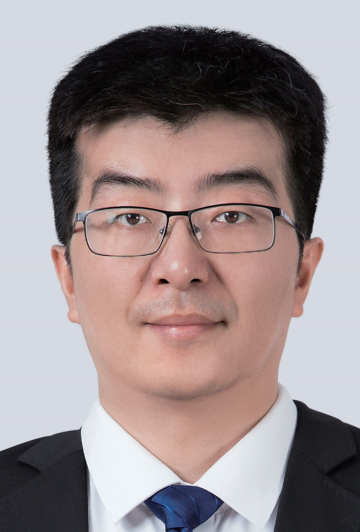Ning Li
State Key Laboratory of Luminescent Materials and Devices, South China University of Technology,
Guangzhou, 510640, China
Pazhou Lab, Guangdong Artificial Intelligence and Digital Economy Laboratory (Guangzhou),
Guangzhou, 510335, China
EXTENDED ABSTRACT: The power conversion efficiency of organic photovoltaics (OPV) is currently approaching the 20% milestone. However, factors such as the device stability, environment-friendly printing techniques, and upscaling technologies are still the bottleneck limiting the commercialization of OPV. In order to solve these key problems, it is necessary to study and clarify the relationship between the processing parameters and morphology of organic thin films. Typically, studying the structure-process-properties relationship of organic thin films and devices is time-consuming, complex, and costly, and it is difficult to collect the statistics needed to assess their importance in different scenarios. In this presentation, I will discuss the key points and difficulties in the commercialization of OPV and related optoelectronic technologies, and how materials genome engineering could accelerate the research and development of organic optoelectronic technologies.
Keywords: materials genome engineering; organic photovoltaics; machine learning; high-throughput experimentation; datadriven research

Ning Li is a professor at the State Key Laboratory of Luminescent Materials and Devices, South China University of Technology. He received his Ph.D. degree in 2014 from the Friedrich-Alexander University Erlangen-Nuremberg(FAU) in Germany under the supervision of Prof. Christoph Brabec. From 2014 to 2021, he was a research group leader at FAU and Helmholtz Institute Erlangen-Nuremberg for Renewable Energy (HI-ERN), mainly focusing on the development of advanced optoelectronic devices based on materials genome engineering. He has published more than 180 papers with more than 12,000 citations and an H-index of 65. He has won a number of academic awards, including the FAU Outstanding Doctoral Award (2015), the FAU Outstanding Young Scientist Award (2017), the Young Scientist Award of the Materials Society of Japan (2017), the German Top Ten Young Scientists in 2018, and the Clarivate Highly Cited Researchers (2022, 2023).